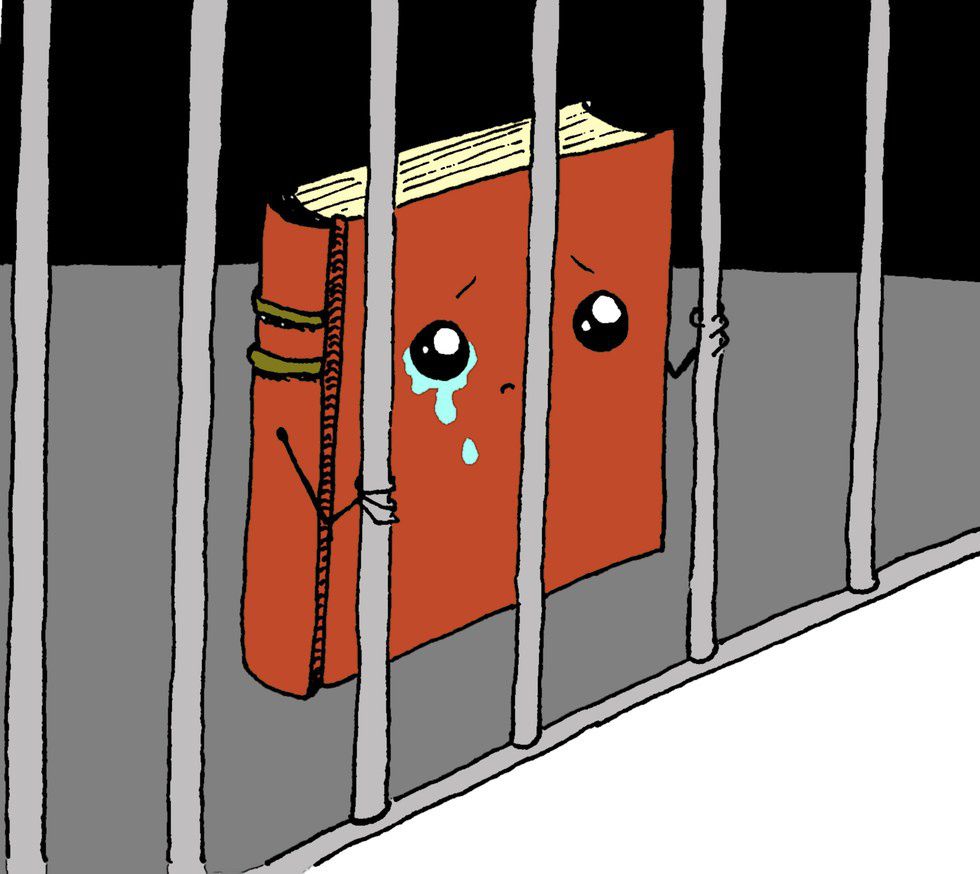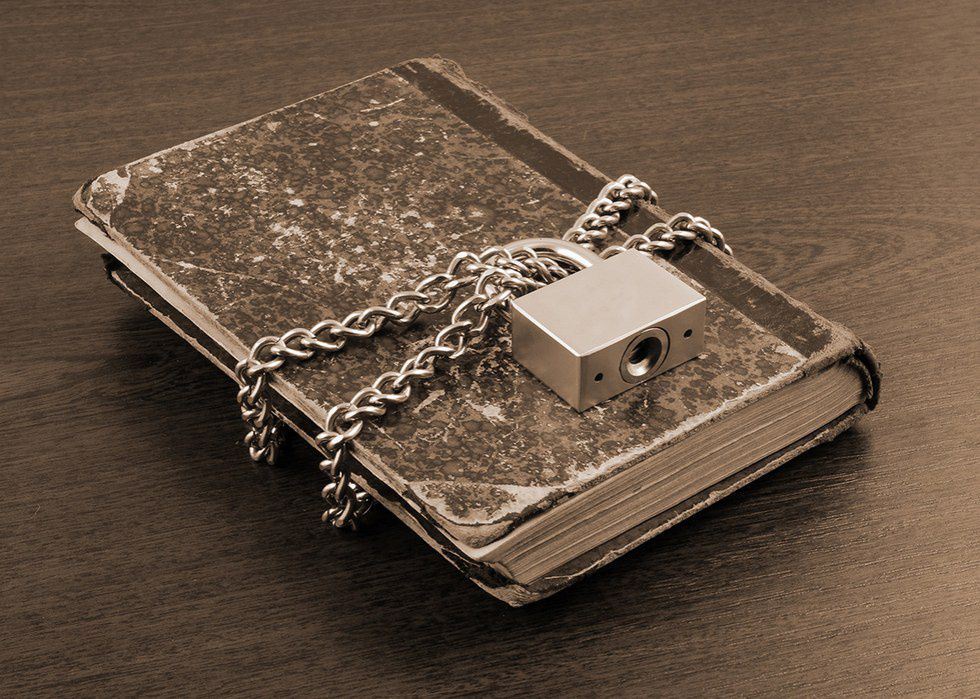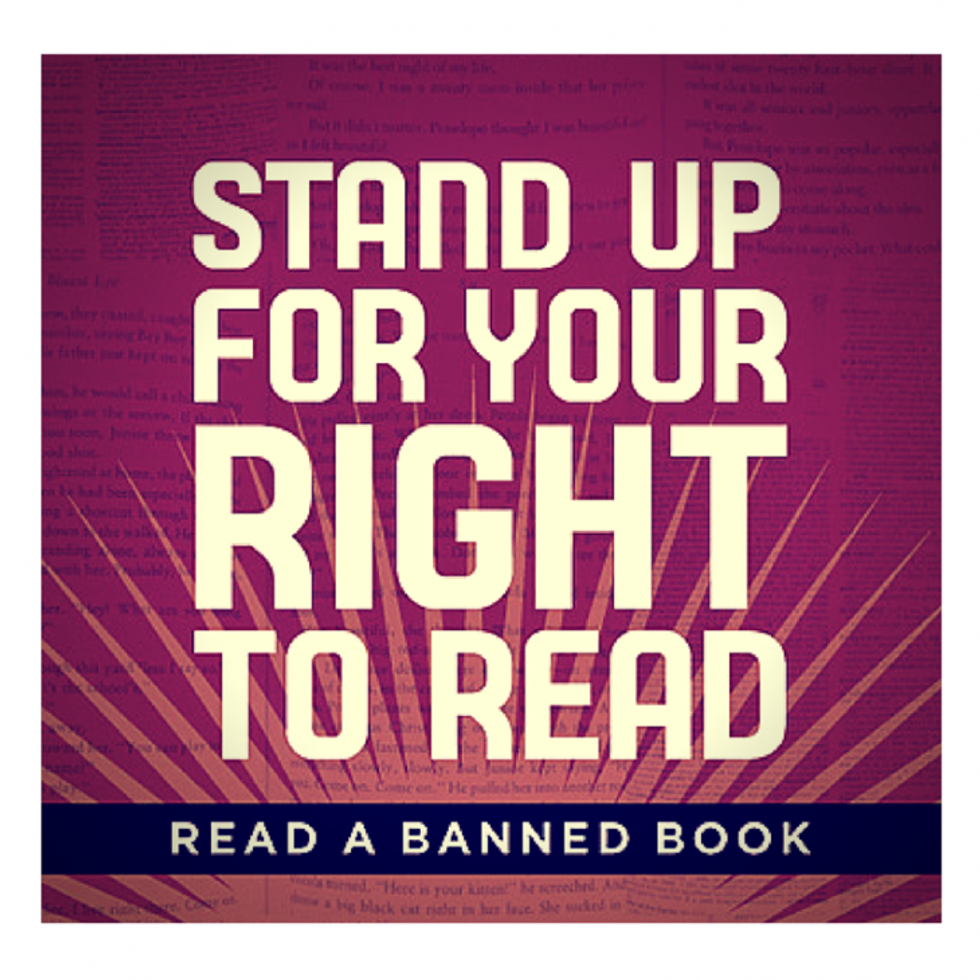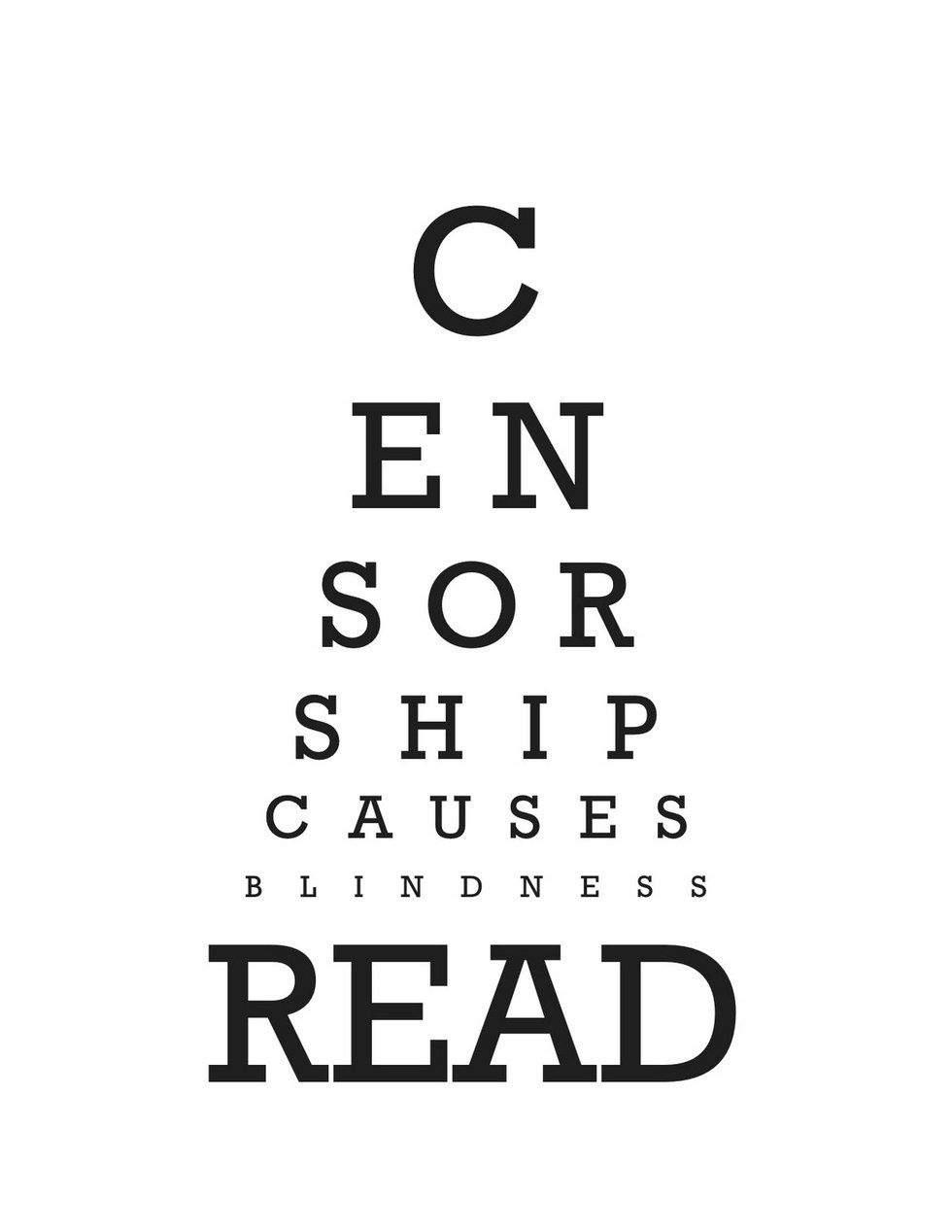"Banned Books Week" has been gone for quite some time, but I still feel like there is the need to talk about the absurdity of banned books. Books are meant to be a source of knowledge. They give us insight on lives and cultures that we may not experience on our own. Books can also teach us the history of people so that certain events can't be repeated.
The idea of knowledge being banned is absolutely insane when you think about and look at the reasons for some schools banning certain books. For example, "Adventures of Huckleberry Finn" by Mark Twain is a book that has been banned in multiple schools for the use of the N-word. In some schools, the book isn't on the banned-books list, but it is replaced with another version of the text in which the word is not used.
This school that reportedly banned "Adventures of Huckleberry Finn" is the Friends' Central School in Philadelphia. The reason why this case in particular had such a strong impact on me is because my hometown in New Jersey that is only thirty minutes away from this school. The decision was reported to have been made in 2015, but it wasn't exactly shocking to hear. I remember when I was in middle school, I got a list of books that I could not read in class, and if I were caught reading them in class, I would be forced to put it away and have to get another book that they would give me.
Even at a young age, I saw something very wrong with this. I saw this as an institution trying to control what I got to read even though the time that I had to read this book was called "free read." Granted, I didn't exactly think of it just like this. I was eleven, so I probably thought something along the lines of, "Why are my teachers being mean and not letting me read my books?" or, "My mom just got me this book, why am I not allowed to read it?" I knew that there was something wrong with the idea of me not being able to read a book that I brought from home because of the content that was inside of it.
Now, to be fair, I wasn't reading "Adventures of Huckleberry Finn," but what I was reading "Wicked" by Gregory Maguire. At the time, I was obsessed with the musical "Wicked" and I wanted to try and read the book more than I wanted anything else in the world. Still, I walked into my eighth grade reading class and when I pulled out Wicked, I was immediately taken out of the classroom and told that I could not read that in school and that I would face consequences if I brought the book back to class.
What does this teach our children? What does it tell them whenever we tell them that they can't read a book in class because the messages or themes that the book proposes don't agree with what the school tries to teach? A couple of years later, I found out that the reason I was not allowed to read the book that I wanted to read was because there were a few pages of mild sexual content in which no act are explained through explicit details. At that time in my life, I knew what sex was, so what was the big deal? Why did this matter to teachers and the administration so much?
It does not stop at books like "Adventures of Huckleberry Finn" and "Wicked." There have been some schools to ban books like "Harry Potter" because of the content that it holds. Some people believe that "Harry Potter" endorses witchcraft, which goes against the word of God. There have also been schools in the United States and in other countries that have banned "The Hunger Games" because of the somewhat graphic content that it holds and the ideas of revolution that it encourages.
Censoring books censors knowledge, which is something that everybody has a right to. If we keep banning books because they don't go with what our schools aim to teach us, then what does that say about our society? What does that say about our definition of freedom? In order for us to protect our freedom in this country, a big step is to stop this idea of banning books just because they may not teach things that the people who are teaching us agree with. It is a crucial step in moving forward as a society. If there is a bit of blood and gore in a story for the sake of getting a point across, then so be it. It is what the story teaches, not what happens in the story.

























